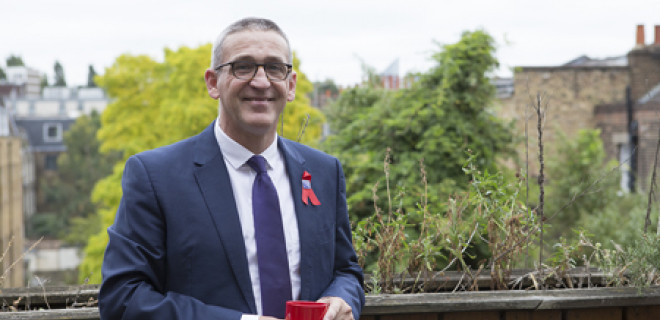Figures published by Public Health England show there were 317,901 sexually transmitted infections (STIs) reported in England in 2020. This represents a 32% drop from 2019.
These are the first figures to show the impact of COVID-19 rules on rates of STIs, including its impact on sexual health services. We can see drops in diagnoses of new infections, as well as in number of consultations and screenings – but an increase in online consultations.
The key statistics are:
- 317,901 diagnoses of STIs in England in 2020 – a 32% overall drop from 2019.
- 20% decrease in gonorrhoea compared to 2019 with 57,084 diagnoses.
- 14% decrease in syphilis compared to 2019 with 6,926 diagnoses.
- 10% decrease in consultations at sexual health services compared to 2019, but number of online consultations doubled to 1,062,157.
- 25% decrease in sexual health screens in sexual health services compared to 2019.
- 30% decrease in chlamydia tests carried out among young people (15 to 24 year olds) compared to 2019.
Debbie Laycock, Head of Policy, said:
‘2020 was not a normal year and that was certainly true for many people’s sex and relationships. Today’s significant drop in STIs is one unexpected good news story from the coronavirus pandemic. But the question for Government is: will this once-in-a-lifetime opportunity be capitalised on, or squandered as rates quickly creep up again?
‘This 32% drop reflects a year when all of our behaviour was changed and when health services – including sexual health services – were severely impacted. But we applaud the flexibility of sexual health services and community organisations in responding quickly to such an unprecedented challenge as COVID-19 with just a 10% decrease in consultations at clinics compared to 2019 and an increase in the roll out of online STI testing. Online testing must now be maintained and expanded with greater consistency across the country.
‘However, the data clearly shows that this drop in STI diagnoses is primarily a result of a decline in testing and COVID-19-related behaviour change, rather than through concerted Government action to tackle consistently high rates. Many people having less sex during much of 2020 is also a factor.’
On what we need to see happen now, Laycock said:
‘It's good news that we’ve finally seen a significant drop in STI rates in England, but we need to ‘build back better’ after COVID-19 in terms of our STI response and capitalise on this once-in-a-generation scenario. That includes investment in our sexual health services and ensuring the Government’s sexual and reproductive health strategy, due out later this year, is properly funded and ambitious enough to improve the nation’s sexual health.
‘Prior to 2020, rates of gonorrhoea were at the highest level since records began over 100 years ago with over 400,000 overall STIs diagnosed in 2019. Today’s fall in STIs is an unintended consequence of COVID-19 but one which won’t be sustained without action and ambition.
‘We know that the need to limit social contact means many people have tested at home for the first time in the last year, which is great news. But we also need to see urgent investment in all sexual health services and allow people to test in a way that works for them. Demand was significantly outstripping availability in sexual health services prior to the pandemic hitting and that can’t be allowed to happen again as part of our return to normality. Because the consistent and sustained deprioritisation of the nation’s sexual health shouldn’t be considered normal.
‘The data continues to be a story of inequality with certain groups most impacted once again despite the sharp overall fall, including Black minority ethnic populations, young people, and gay and bisexual men. When the Government’s strategy for tackling STIs and improving sexual health is finally launched it must have equity at its core with targeted interventions for those who need it most.
‘A 32% drop in STIs is significant but the data also clearly shows that STIs are still circulating. That means it’s as important as ever to regularly test for STIs if you’re having sex and for everyone to know that sexual health services are open for business – both face-to-face and online.’


